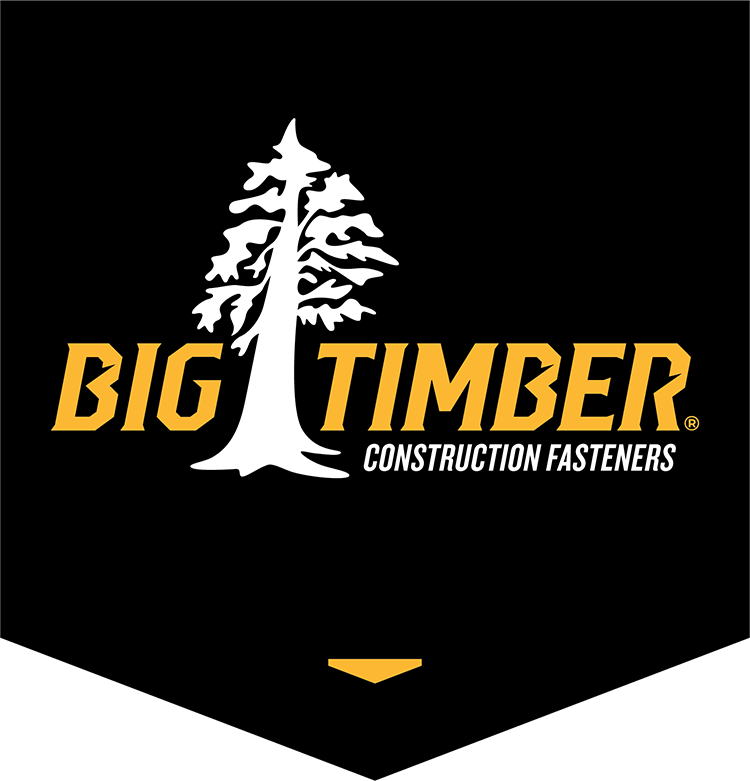Fasteners are essential to the safety, durability, and structural integrity of any construction project. Certifications, compliance standards, and compatibility labels ensure that the products you’re using meet stringent quality and safety benchmarks. These measures offer builders, contractors, and DIYers confidence that their fasteners will perform as required in their intended applications.
At Big Timber Fasteners, we adhere to rigorous standards to deliver high-quality, reliable fasteners for every job. Here’s your guide to understanding these certifications, standards, and labels.
What Are Certifications and Compliance Standards and Why Do They Matter?
Certifications are official evaluations that verify fasteners meet specific requirements for:
- Strength
- Durability
- Safety
Certifications are backed by rigorous testing procedures, providing assurance that fasteners are manufactured to industry-recognized standards.
Key Certifications and Compliance Standards for Fasteners
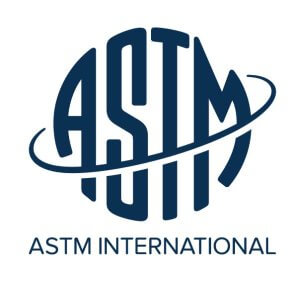
-
ASTM Standards
The American Society for Testing and Materials (ASTM) establishes widely accepted standards for materials, manufacturing processes, and product performance.
- What It Covers:
- Material properties, such as the steel’s chemical composition and mechanical characteristics (e.g., tensile strength and hardness).
- Testing methodologies to ensure consistent quality and performance.
- Why It Matters:
- ASTM-certified fasteners provide independent proof that they meet industry benchmarks for reliability and safety.
- They are suitable for critical applications, such as load-bearing connections in residential and commercial construction.
Example: A Big Timber fastener tested to ASTM standards ensures long-term performance under specific stresses and environmental conditions.
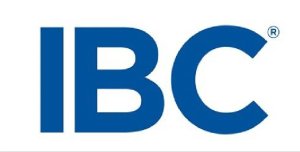
-
Building Code Compliance
Building codes, such as the International Building Code (IBC) and the International Residential Code (IRC), outline minimum requirements for construction safety and structural integrity.
- What It Covers:
- Performance requirements for fasteners used in framing, roofing, decking, and more.
- Standards for withdrawal and shear resistance to ensure connections can handle static and dynamic loads.
- Why It Matters:
- Code-compliant fasteners help ensure projects pass inspections and meet legal safety standards.
- Using non-compliant fasteners can result in project delays, fines, or structural failures.
The Role of Third-Party Testing
Third-party testing is conducted by independent organizations to validate fasteners against established standards and codes. These evaluations provide an unbiased, rigorous review of a product’s performance and compliance.
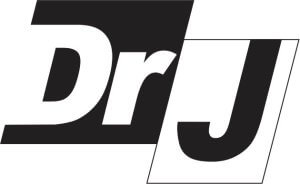
DRJ Approvals
DrJ Engineering (DRJ) is a leading third-party evaluator that specializes in testing construction products, including fasteners. Their evaluations confirm that products meet building code requirements and are safe for their intended applications.
- What It Covers:
- Performance metrics like withdrawal and shear resistance.
- Compliance with building codes such as the International Building Code (IBC) and International Residential Code (IRC).
- Technical Evaluation Reports (TERs):
- A TER is a detailed document issued by DRJ that outlines a product’s performance, code compliance, and proper usage.
- TERs provide valuable insights for engineers, architects, and builders, ensuring they understand how to use the product correctly and confidently.
- Big Timber Fasteners’ TERs include information on load capacities, spacing guidelines, and approved applications, making it easy to integrate our fasteners into your construction plans.
- Why It Matters:
- DRJ approvals and TERs add credibility to fasteners by verifying that they meet stringent performance and safety standards.
- These evaluations ensure builders and inspectors have the confidence that the fasteners comply with codes and will perform reliably under stress.
The Importance of Compatibility Labels
Fasteners must be compatible with the materials and environmental conditions of the project. Compatibility labels provide critical information to ensure you select the right product for the job.
Corrosion Resistance
Labels indicate whether fasteners are suitable for environments exposed to moisture, salt spray, or chemicals.
- Example: Fasteners labeled for outdoor use often feature protective coatings, such as zinc or bronze, to resist rust and extend lifespan.
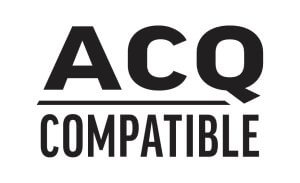
ACQ Compatibility
ACQ (Alkaline Copper Quaternary)-treated wood is commonly used in outdoor projects but can corrode certain fasteners due to its chemical properties.
- What It Covers:
- Fasteners with ACQ-compatible coatings or made from materials like stainless steel resist corrosion when used with treated lumber.
- Why It Matters:
- Using non-compatible fasteners in ACQ-treated wood can lead to premature corrosion and structural failure.
- Big Timber offers a range of ACQ-compatible fasteners, ensuring durability in decks, fences, and other outdoor structures.
Why Certified and Code-Compliant Fasteners Are Essential
Using certified, code-compliant, and compatibility-labeled fasteners offers several advantages:
- Increased Lifespan: Certified products are more durable, reducing maintenance and replacement costs.
- Pass Inspections: Code-compliant fasteners meet legal requirements, avoiding costly project delays or fines.
- Enhanced Safety: Fasteners designed for specific materials and conditions ensure long-term stability and performance.
Build with Confidence Using Big Timber Fasteners
At Big Timber Fasteners, we’re committed to delivering products that meet and exceed industry standards. Our fasteners are built for strength, reliability, and safety.
Explore our Fastener Finder Tool or visit the Resources section at www.bigtimberfasteners.com for technical evaluation reports and detailed product specifications.
Visit your local retailer today to experience the quality and reliability of Mountain Tested™ fasteners—certified for your confidence and built to last.
